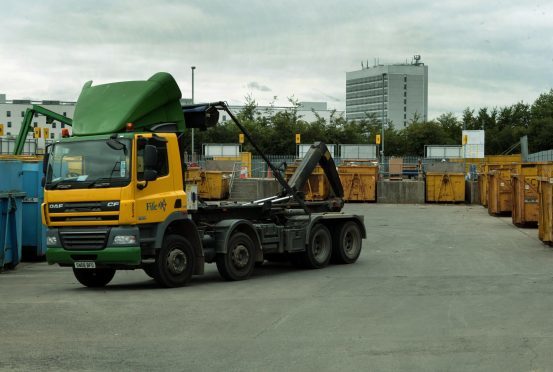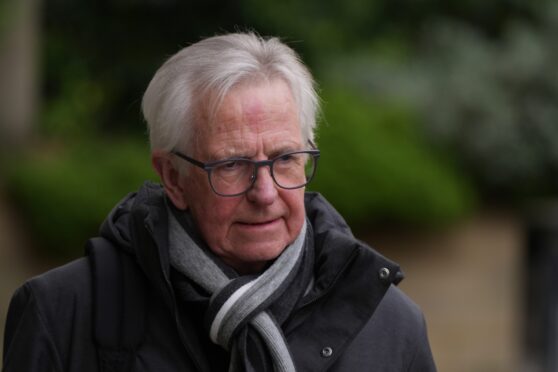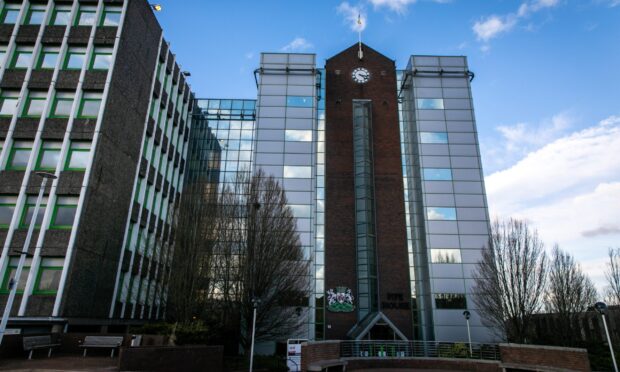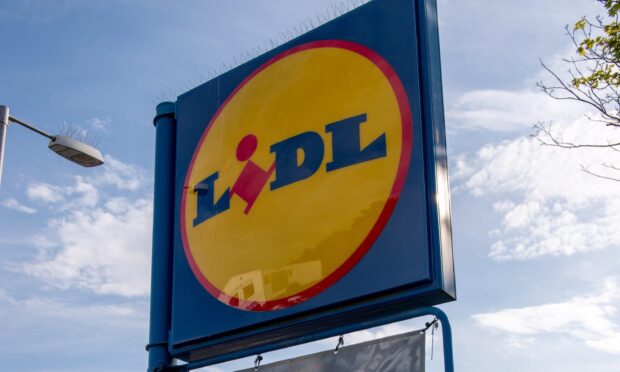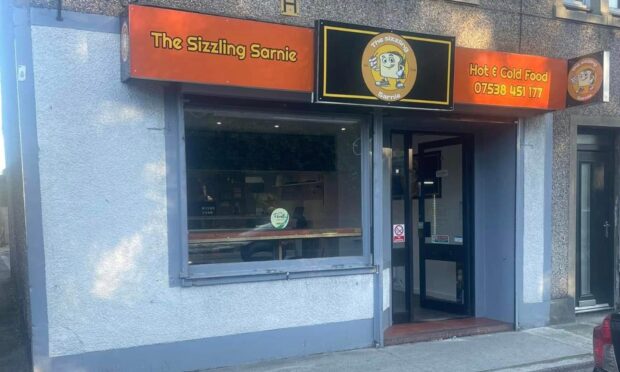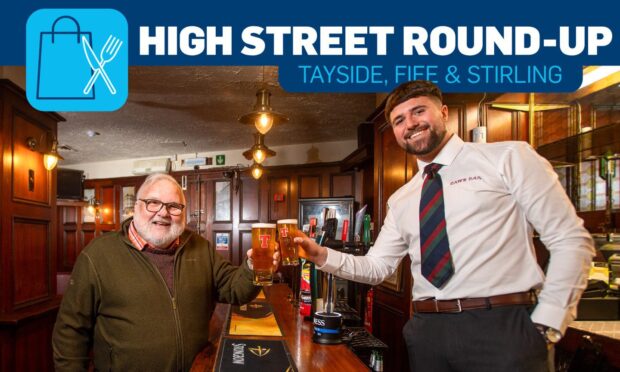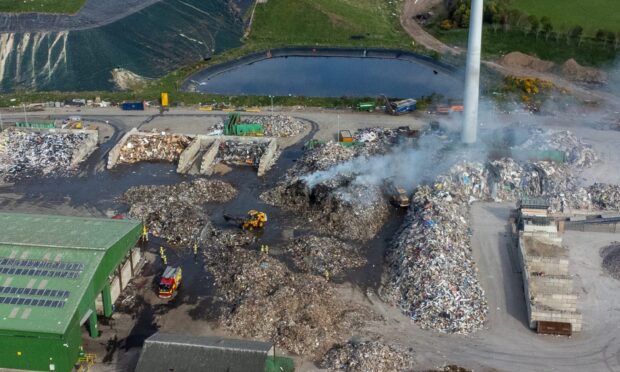A controversial package of measures aimed at cracking down on commercial operators who avoid trade waste fees at Fife’s recycling centres has been outlined.
Members of the council’s environment, protective services and community safety committee will be asked on Friday to agree steps designed to stop businesses illegally disposing of waste at household recycling centres.
Traders can use nine of the region’s 11 household waste recycling centres through a chargeable recycling ticket scheme but the illegal disposal of waste and ticket holders getting rid of materials not covered by their ticket is said to be costing Fife Council a staggering £1.87 million a year.
Officials have developed a strict new access policy which, if approved, is likely to come into effect from January 1 2018.
Automatic number plate recognition (ANPR) technology, height restriction barriers and a cashless payment system have all been mooted to help enforce the council’s recycling ticket scheme.
A trial will also see recycling centre staff who will have the power to challenge customers trying to dispose of waste illegally wear body cameras which can be turned on when a situation becomes confrontational.
In a report to committee, Ken Gourlay, head of assets, transportation and environment, pointed out that the provision of a commercial waste service at household waste recycling centres has a “significant financial impact” on Fife Council and Fife Resource Solutions, the arms-length company set up to deal with the issue.
He said: “Legally, businesses must bear the cost of waste disposal.
“The current commercial provision means that Fife Resource Solutions and Fife Council are providing subsidised disposal costs to commercial operators.
“This limits the ability to invest in infrastructure and achieve budgetary savings for the council and as identified in Fife Resource Solutions’ Business Plan.”
Councillors will hear on Friday the projected cost for operating a commercial waste service at household waste recycling centres is more than £1.96 million and income from the recycling ticket scheme in 2016/17 was just £94,436.
A monitoring exercise was conducted from January this year which found 38% of all materials disposed of was landfill waste not included within the terms of the permit and not included within the price structure.
That exercise also suggested 292 users were using the household waste recycling centres in a pattern that indicated they were “likely” commercial operators disposing of commercial waste illegally.
If the measures are approved by councillors, further work is planned to address non-payment from commercial users in future, while charges will also be reviewed to cover the costs of collection and disposal.
